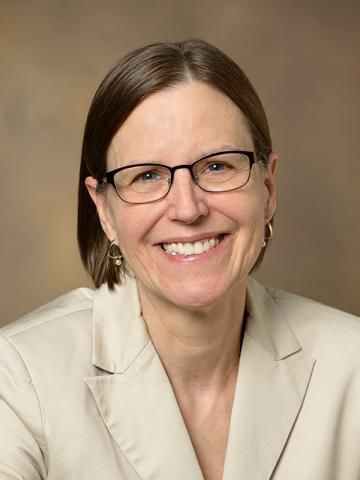The University of Arizona Cancer Center has received a $6.85 million grant from the National Cancer Institute to continue its research and efforts to address the burden of cancer on Native American populations.
Since 2002, the Partnership for Native American Cancer Prevention, a collaboration between the UA Cancer Center and Northern Arizona University, has worked to alleviate the unequal impact of cancer among Native Americans of the Southwest through research, training and community outreach programs.
This partnership is one of 16 organizations throughout the country to be tasked with addressing cancer health disparities by the institute, but it’s the only one that focuses solely on the Native American population. The new funding will extend the partnership between UA and NAU for five years through 2024.
“We are very encouraged by what NACP has accomplished in addressing health disparities and the cancer burden in our Native American communities. However, we will be able to do so much more now that NACP is funded for five more years,” said Joann Sweasy, interim director of the UA Cancer Center. “We appreciate the tremendous support we have received from many people in our pursuit of this award, including U.S. Sen. Martha McSally, so that we can continue to provide the latest treatment, care, prevention services and training to Native Americans in Arizona.”
According to the institute, cancer is the second leading cause of death among Native Americans over the age of 45. Native Americans also have the poorest 5-year cancer survival rates among all racial and ethnic groups.
To help address these disparities, the partnership has trained over 275 Native American undergraduates and graduate students in cancer research. With five additional years of funding, the partnership hopes to advance its efforts to train students and health-care providers and support Native Americans in becoming members of the biomedical workforce.
“We want Native American students to experience firsthand the excitement of biomedical research as we encourage them to focus on cancer health disparities,” said Margaret Briehl, the UA Health Sciences principal investigator for the partnership and associate director for cancer research career enhancement. “A major goal is to see these trainees become researchers or clinical providers addressing cancer impacting their own communities. We are seeing progress in this area through the efforts of NACP.”
By collaborating with tribes throughout Arizona, the partnership is spearheading several research projects including the increased risk of stomach cancer for Native Americans. Stomach cancer is the leading cause of cancer-related death for Native Americans living in Northern Arizona.
Researchers are also looking to explore cancers that disproportionately affect Native American women, including cervical cancer and breast cancer, particularly a type that leaves fewer options for treatment.
To date, the partnership has engaged with 14 of the 22 recognized Native American tribes in Arizona and has obtained 13 tribal council or Internal Review Board approvals by Navajo, Hopi and White Mountain Apache tribes for research projects.





